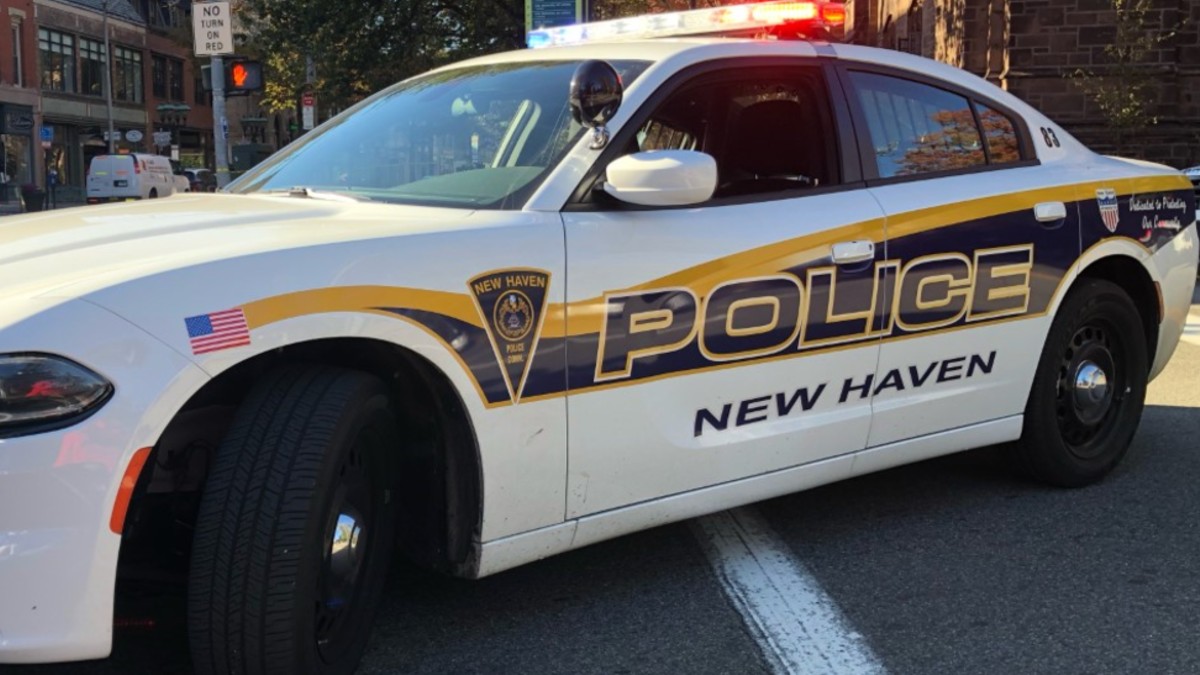Like so many parents, Rachel Wrightington said she found herself desperate to find formula for her son.
"It got down to, 'I don't know, what I am going to do?'" said Wrightington, a mom of two from Southington.
"I work a full time job. I'm a mom. I can't be looking at stores and calling stores and even if I called at 9 a.m., nine out of ten times - it was gone by the time I got there," she continued.
New data reveals that roughly 43% of the nationwide formula supply is out of stock.
Get Connecticut local news, weather forecasts and entertainment stories to your inbox. Sign up for NBC Connecticut newsletters.
Feeling the frustration, Wrightington created a Facebook group in hopes of helping parents in the same situation.
"The goal is just to help all of the moms out there who are struggling to find what their babies need," Wrightington said.
The group, Find My Formula CT, now has 2,000 members. People in the group post about formula that they need and share tips on how to find it. Members post timestamped pictures of what they are seeing in stores. Parents with extra formula offer up what they don't need.
Local
Alison Turczak offered up formula in the group and was immediately able to find someone who needed it.
"Help the moms in need and see if anyone local would be able to pick it up. It was snatched up within a few minutes," said Turczak, who lives in Stratford. "Really to see this community come together on Facebook and help each other out is a wonderful thing."
According to the Connecticut Department of Consumer Protection, when there is a shortage of an item like baby formula, it creates a prime opportunity for scammers.
They are reminding people to look out for red flags while they search for formula.
"Don't be so eager to make that purchase right away that you forget to do your due diligence and do that research," said Kaitlyn Krasselt, director of communications at the DCP.
The state DCP recommends that you use a traceable form of payment, like a credit card. They say you should avoid cash payments or gift cards. Typos are another red flag, according to Krasselt.
Experts also recommend that if you meet up with someone to exchange a product, you do it in a safe public location, like a police department parking lot.
Wrightington has been sharing posts in the Facebook group, warning about scams, as well. She hopes that it can continue to be a resource for people during a difficult time.
"We just want to make sure that we can help each other out because that's all we really can do at this point," Wrightington said.



